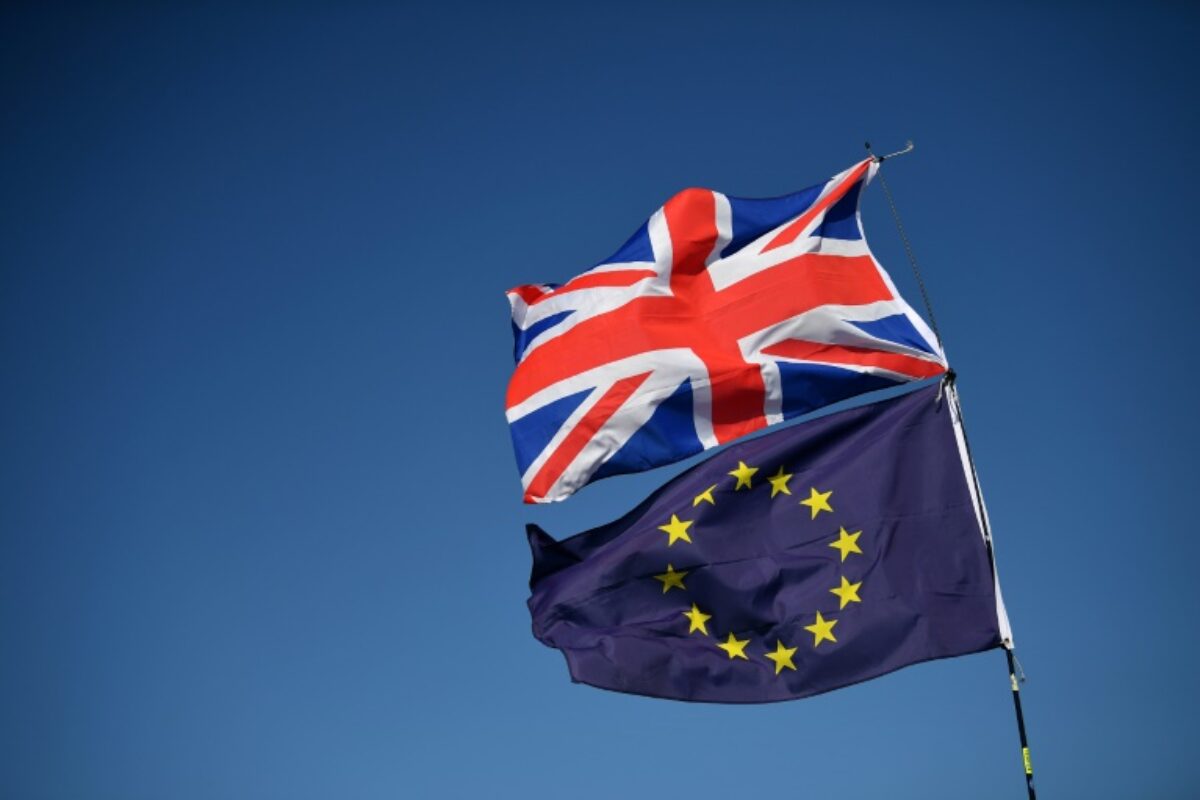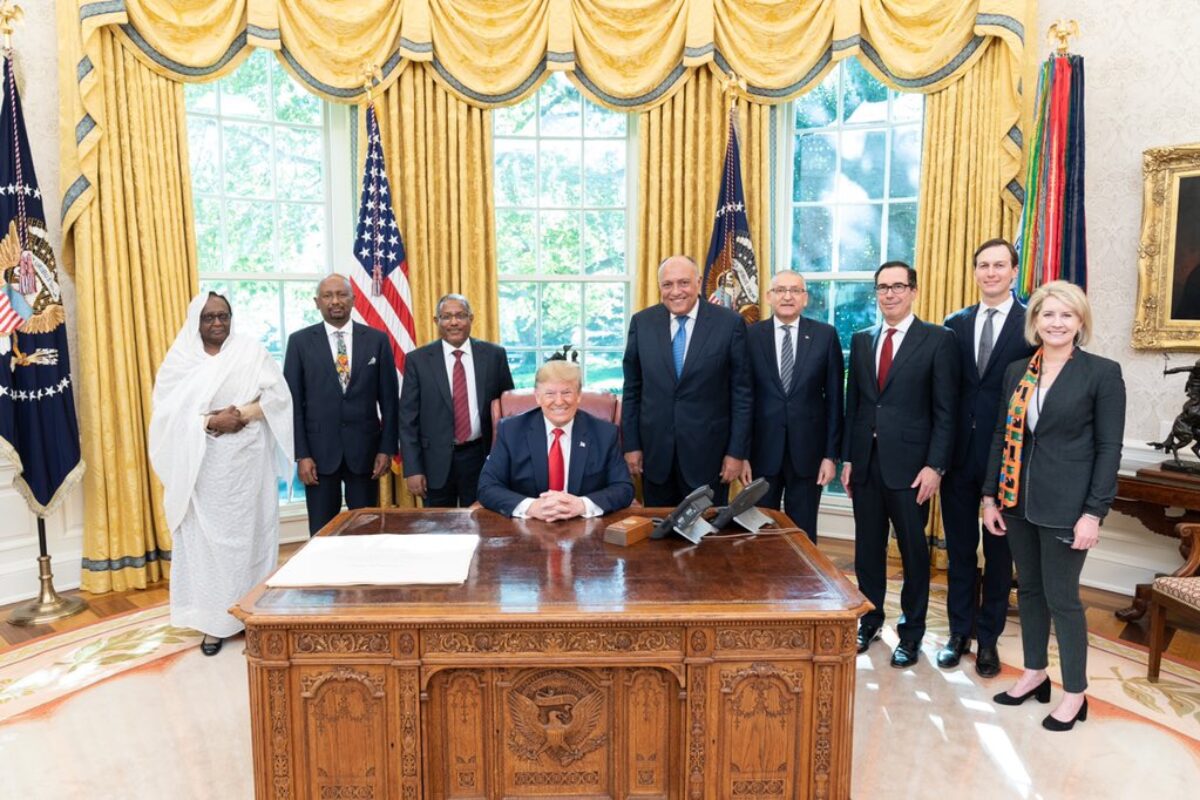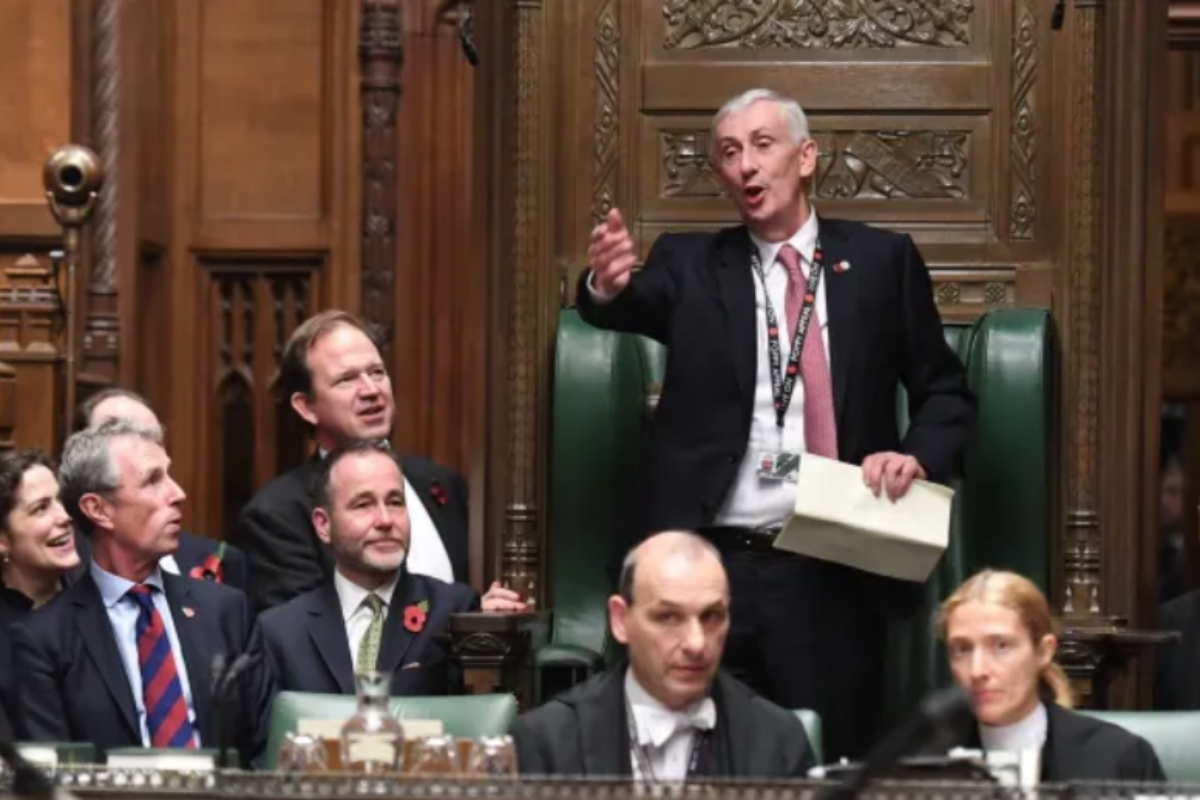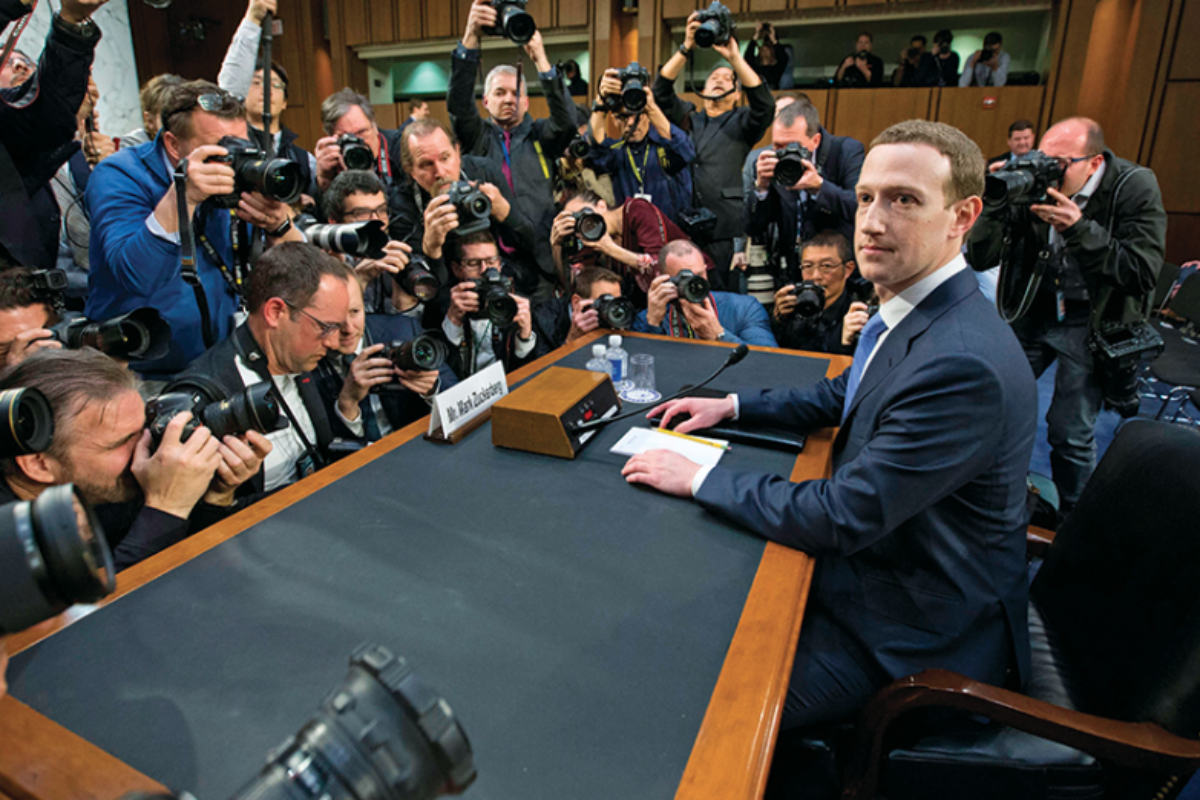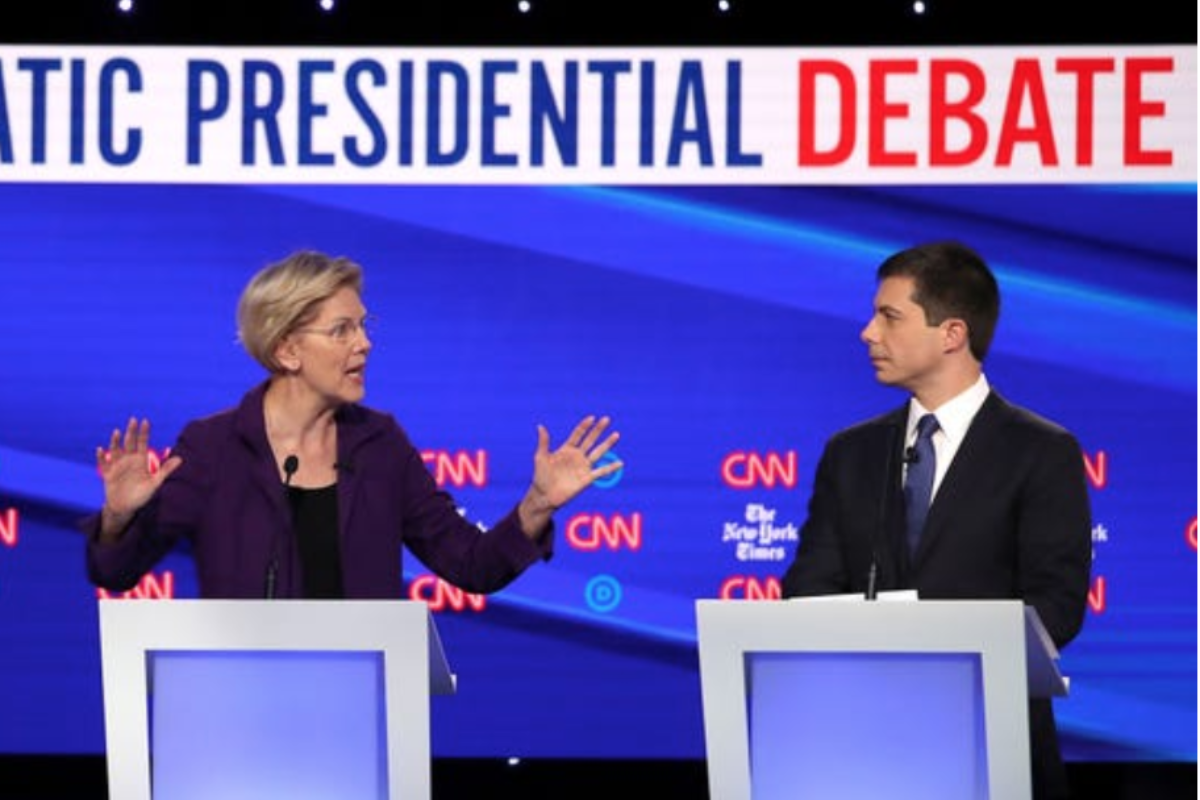Welcome to the Zeitgeist, the NYU Politics Society’s undergraduate opinion publication dedicated to providing a platform for students to learn about and engage with politics and current events.
When Ursula von der Leyen, the incoming president of the European Commission, first announced her list of proposed commissioners in September, it did not include a British commissioner. She and her commission were scheduled to take office on November 1st, and the UK was scheduled to officially leave the EU on October 31st, so it didn’t seem necessary to appoint a British commissioner who would never serve.
The White House announced that on November 6, U.S. President Donald Trump had held diplomatic consultations with foreign ministers and other senior officials from Sudan, Egypt, and Ethiopia. The meeting was reportedly mainly focused on resolving the dispute over a new dam Ethiopia is building on the Nile River.
The US House of Representatives and Senate are as rife with bitter partisan division as any governmental system that exists in the world, yet decorum is sacrosanct. Members will politely address the chair to be recognized and are acknowledged with a sober, scripted response often read to the chair by the parliamentarian. The House of Commons in UK’s Parliament, however, is a different story.
On November 9, German Chancellor Angela Merkel and other European leaders gathered at the Berlin Wall memorial with roses to commemorate the 30th anniversary of the wall’s fall. On what is usually a day of celebration, Merkel cautioned: “The values on which Europe is founded — freedom, democracy, equality, the rule of law, human rights — they are anything but self-evident and they have to be revitalized and defended time and time again.” German President Frank-Walter Steinmeier’s remarks reflected her cautionary words: “Liberal democracy is being challenged and questioned.”
The tide of public opinion has finally turned against Big Tech. After years of amassing a globalized oligopoly and unfettered dominance over cyberspace, the behemoth technology companies seem poised to be subjected to the strictest regulatory scrutiny since the dot-com bubble burst in 2000-2001.
It is undeniable that paid maternity leave has a multitude of positive health benefits for both the mother and child. Of the 195 countries recognized today, 187 have paid maternity leave and 90 have paid paternity leave.
At the start of the 20th Century, China and India were in the same economic positions: both nations have their own share of troubles trying to boost their respective national GDPs whilst trying to build a more robust system of accountability for their banks. The majority of banks in both nations are largely owned by the state.
TikTok, a video creating and sharing app, has the potential to be a national security threat. The lip-syncing and comedy app is owned by ByteDance, a Chinese internet technology company that has recently been under scrutiny for data collection.
This past July, in a move aimed at placating Washington’s concerns about growing Iranian influence, Iraqi Prime Minister Abdul-Mahdi issued a decree ordered all Popular Mobilization Forces (PMF) militia, which are trained and funded by the Islamic Revolutionary Guard Corps (IRGC), Iran’s elite military force, to be fully integrated within the national armed forces by the end of the month.
Elizabeth Warren has been steadily surging in the polls over the last few months, gaining 19 points between September and May according to a Monmouth University poll. On October 8, she emerged as the top Democratic frontrunner with a support rate of 26.6%, surpassing Joe Biden’s 26.4%. Her growing popularity turned her into a target in the fourth Democratic debate on October 15 where she quickly became the most attacked candidate on the stage.

